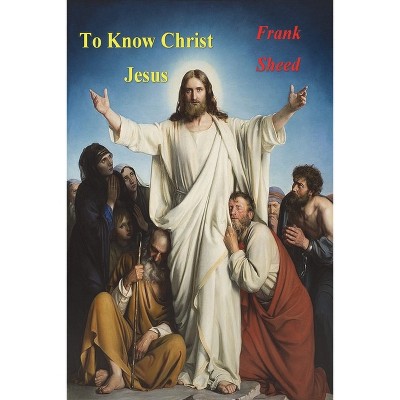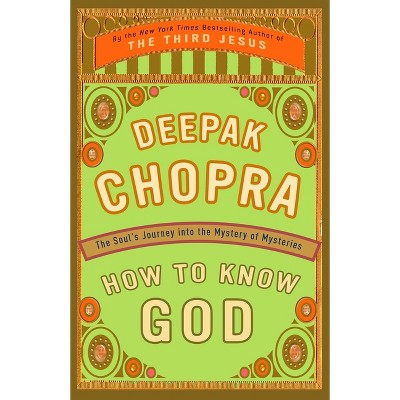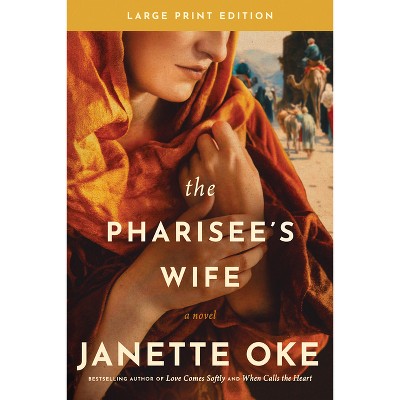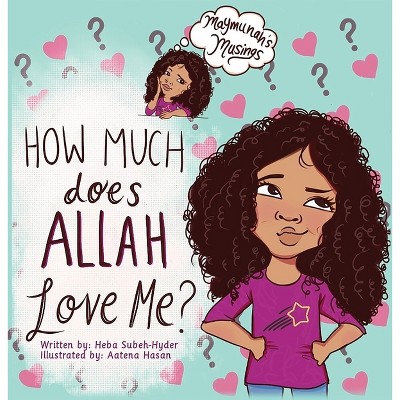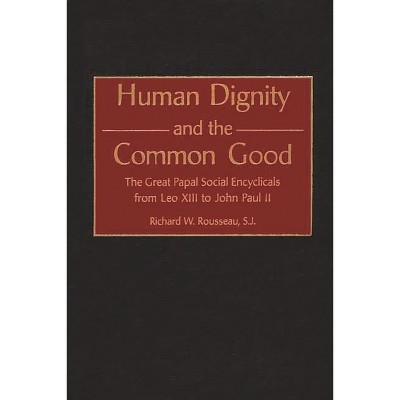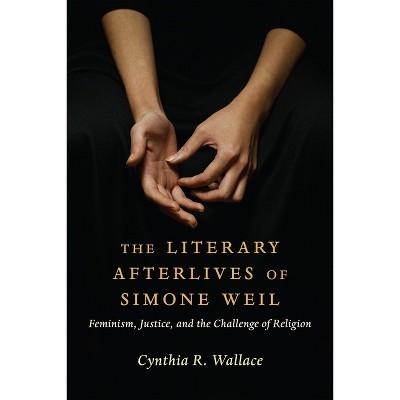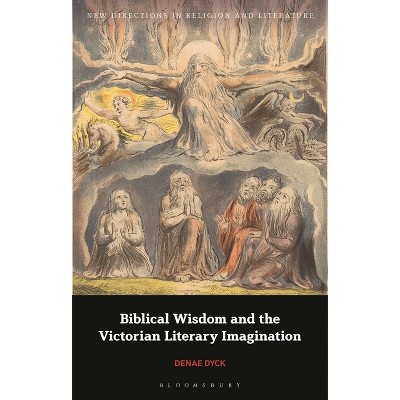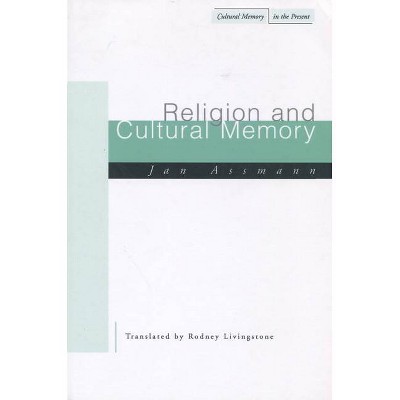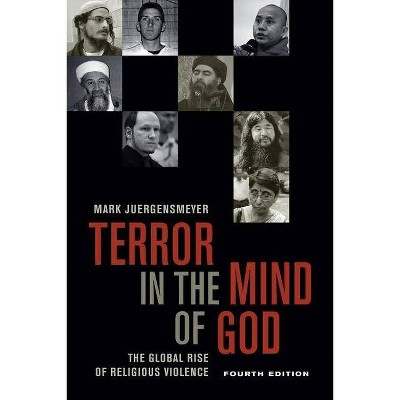Sponsored

Protestant Evangelical Literary Culture and Contemporary Society - (Contributions to the Study of Religion) by Jan Blodgett (Hardcover)
In Stock
Sponsored
About this item
Highlights
- While studies have been done on the politics, personalities, and television empires of Protestant evangelicals, little has been said about the power of evangelical publishing and the recent upsurge in evangelical fiction.
- About the Author: JAN BLODGETT is College Archivist at Davidson College.
- 192 Pages
- Religion + Beliefs, Christian Ministry
- Series Name: Contributions to the Study of Religion
Description
About the Book
While studies have been done on the politics, personalities, and television empires of Protestant evangelicals, little has been said about the power of evangelical publishing and the recent upsurge in evangelical fiction. In the last 20 years, evangelical publishing has grown into a multimillion dollar business, and evangelical fiction offers valuable information about the Protestant evangelical experience. This book argues that the authors and publishers of evangelical fiction are purposeful gatekeepers who create specific images of an evangelical universe. Characters and plots of evangelical literature not only embody a religious perspective but also advocate appropriate behaviors and solutions to problems. This study brings together research in the history of Protestant evangelicalism, the sociology of religion, and literary studies to explore how evangelical novels can serve as cultural artifacts of the evangelical community in contemporary American society.
The volume consists of two distinct but interrelated parts. The first part of the book overviews the history of evangelical religion and the publishing of fiction. The chapters in this section trace the ways in which religious publishing has influenced the publishing industry in general and the importance of publishing to evangelicalism. The second part in based on the review and analysis of 60 inspirational novels published between 1972 and 1994 by 13 evangelical publishers. Two chapters examine the development of specific genre and plot adaptations. To identify the range of attitudes and images expressed in this fiction, each of the 60 novels is examined for its handling of theology, practical religion, and social issues. Appendices list the novels within particular genres and trace the chronological development of evangelical publishing, and a bibliography concludes the volume.
Book Synopsis
While studies have been done on the politics, personalities, and television empires of Protestant evangelicals, little has been said about the power of evangelical publishing and the recent upsurge in evangelical fiction. In the last 20 years, evangelical publishing has grown into a multimillion dollar business, and evangelical fiction offers valuable information about the Protestant evangelical experience. This book argues that the authors and publishers of evangelical fiction are purposeful gatekeepers who create specific images of an evangelical universe. Characters and plots of evangelical literature not only embody a religious perspective but also advocate appropriate behaviors and solutions to problems. This study brings together research in the history of Protestant evangelicalism, the sociology of religion, and literary studies to explore how evangelical novels can serve as cultural artifacts of the evangelical community in contemporary American society.
The volume consists of two distinct but interrelated parts. The first part of the book overviews the history of evangelical religion and the publishing of fiction. The chapters in this section trace the ways in which religious publishing has influenced the publishing industry in general and the importance of publishing to evangelicalism. The second part in based on the review and analysis of 60 inspirational novels published between 1972 and 1994 by 13 evangelical publishers. Two chapters examine the development of specific genre and plot adaptations. To identify the range of attitudes and images expressed in this fiction, each of the 60 novels is examined for its handling of theology, practical religion, and social issues. Appendices list the novels within particular genres and trace the chronological development of evangelical publishing, and a bibliography concludes the volume.Review Quotes
?Blodgett analyzes religios fiction published as early as the 17th century, but he focuses--afer the historical section--on the late 20th century.... Detail as to authors, titles, and publishers makes thsi book more than an overview. This study should be useful in collections supporting courses in journalism, religious fiction, and Christian enterprises.?-Choice
?Blodgett's study of the Protestant evangelical publishing business and the fiction it produces clarifies the challenges to and contradictions within the Protestant evangelical experience in the United States.?-American Literature
"Blodgett's study of the Protestant evangelical publishing business and the fiction it produces clarifies the challenges to and contradictions within the Protestant evangelical experience in the United States."-American Literature
"Blodgett analyzes religios fiction published as early as the 17th century, but he focuses--afer the historical section--on the late 20th century.... Detail as to authors, titles, and publishers makes thsi book more than an overview. This study should be useful in collections supporting courses in journalism, religious fiction, and Christian enterprises."-Choice
About the Author
JAN BLODGETT is College Archivist at Davidson College.Shipping details
Return details
Trending Non-Fiction





